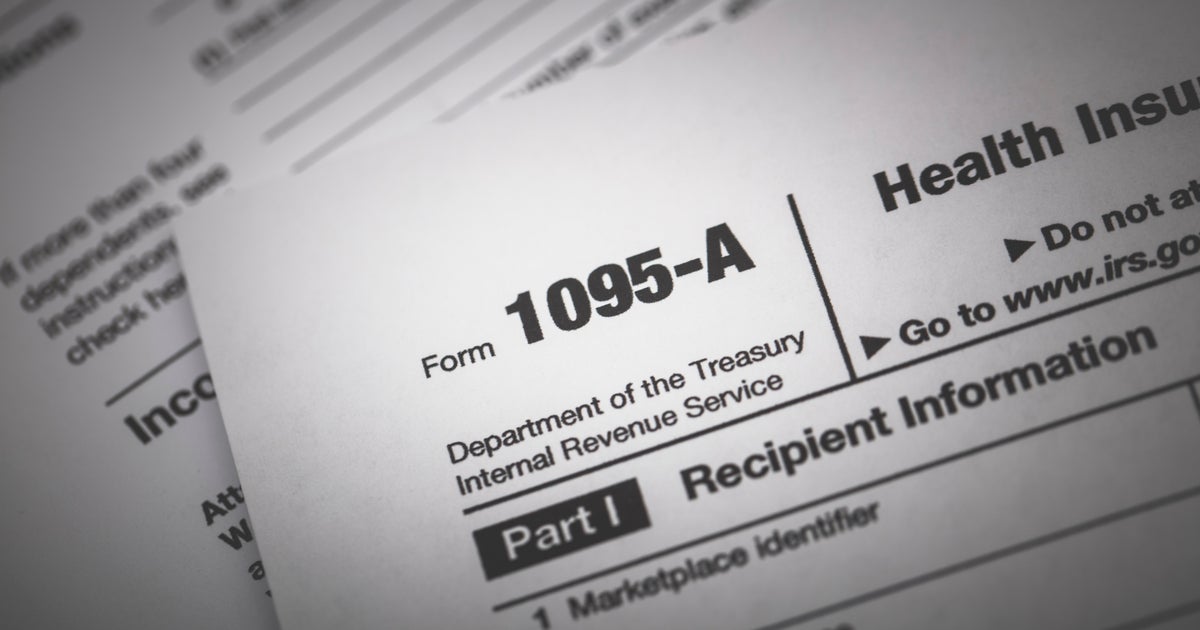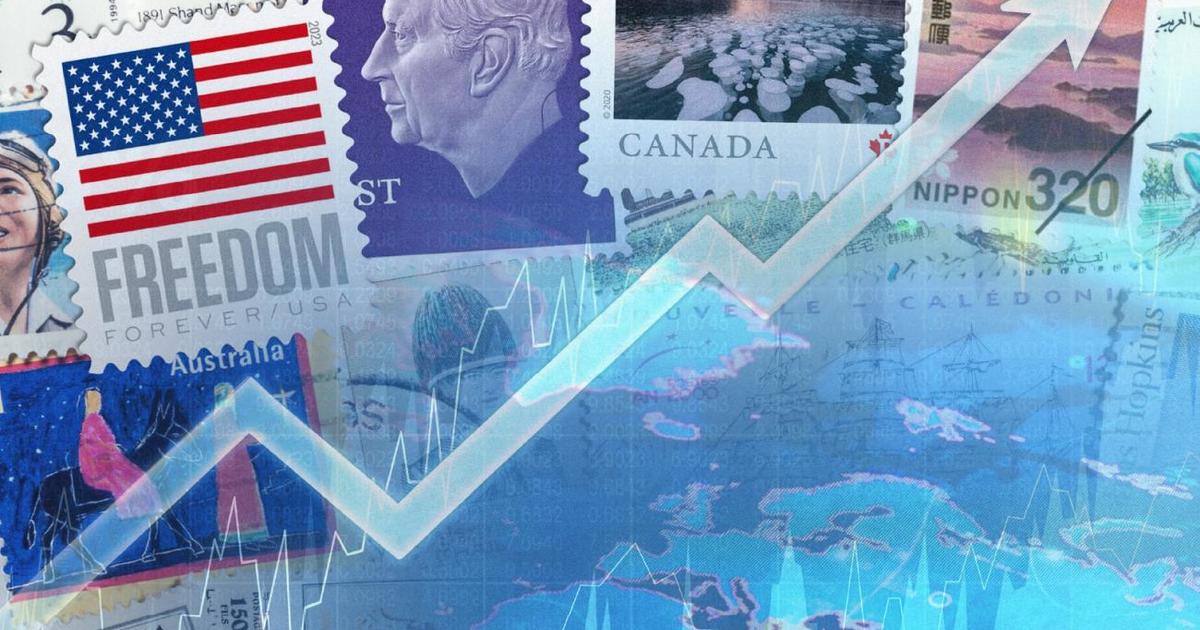U.S. economy hit the gas in the first quarter
- GDP in the first three months of 2019 grew at a rate of 3.2 percent -- much stronger than the 2.3 percent expected by most analysts.
- Driving first-quarter growth was an increase in state and local government spending, an increase in Americans' disposable income, and a rise in U.S. exports.
- Economists still expect the economy to slow this year, but they see little chance of a recession.
The U.S. economy expanded at a rate of 3.2 percent in the first quarter, sprinting past analysts' growth forecasts of 2.3 percent. The Department of Commerce's initial estimate of gross domestic product -- the total value of goods and services -- may tamp down fears that economic activity is slowing.
First-quarter growth was fueled by an uptick in state and local government spending, as well as a 3 percent increase in disposable personal income, the Commerce Department said. A healthy rise in U.S. exports added more wind to the economy's sails.
"This is a big, positive surprise – we had penciled in 1.7 percent annualized in our March global economic 0utlook forecast," said Brian Coulton, chief economist at Fitch Ratings, in an email. "The main message is that private consumption and investment are slowing down only gradually."
The pace represents a sharp pick-up from the fourth-quarter, when GDP grew 2.2. percent. Analysts surveyed by Bloomberg had expected first-quarter growth of 2.3 percent. The jump in growth came despite the partial government shutdown early this year, which shaved 0.4 percent off GDP, according to the Congressional Budget Office.
Boost from jobs and stocks
A major propellant for economic growth -- ongoing strength in the labor market, while stocks have rebounded after slumping in late 2018.
"The economy added 180,000 jobs per month in the first quarter, the tight labor market is pushing up wages, household balance sheets are in great shape and record-high stock prices are boosting wealth," said PNC chief economist Gus Faucher in a note.
Despite the better-than-expected numbers, the economy continues to face a number of issues, including a decline in imports, noted Paul Ashworth, chief economist at Capital Economics. After stripping out higher government spending, which stemmed from investments in highways and roads, as well as boosts from trade and inventories, growth in the first three months of the year was only 1 percent, he said.
"Under those circumstances, we continue to expect that overall growth will slow this year, forcing the Fed to begin cutting interest rates before year-end," Ashworth said in a report.
By contrast, concerns that the U.S. economy could tumble into a recession have faded, with most forecasters not expecting a serious slowdown until 2020 at the earliest.



